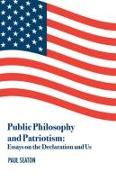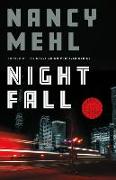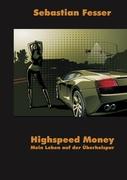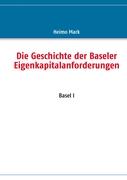Public Philosophy and Patriotism
BücherAngebote / Angebote:
Paul Seaton's re-reading of the Declaration of the United States with students over the years, as well as the bizarre twists occurring in contemporary American politics in the last decade, have yielded a reflection on this great document as well as the need to cultivate a kind of reverence for it such that its objectivity is more readily and deeply applied to our thoughts and civic actions today. Partisan reparation of common civic standards and a certain measure of reconciliation can only be facilitated through a shared sense of the enduring importance of the Declaration. In addition to a revival of awe for what was theoretically and practically accomplished at the time of the American founding, Seaton also provides an intriguing analysis of what would legitimize 'political resistance' in his essay, "Resistance, in the Light of 1776." Does the Declaration provide criteria for such activity, carving a place for it in the civic sphere? What about in the education of civics and citizenship? Seaton recognizes that the Declaration does not speak to us as parties, rather of the people as a whole. This is problematic today given our loss of words to speak of ourselves politically in that manner. As a political philosopher himself, Seaton draws upon ancient and contemporary thinkers (Seaton is a renowned researcher of the thought of Pierre Manent, for example) to "help us take the measure of our partisan divides." The limits of the Declaration are acknowledged but Seaton's 'call for back-up' clarifies and substantiates even further the 'thoughtful citizenship' required in Americans by the Declaration.
Erscheint im Juni




